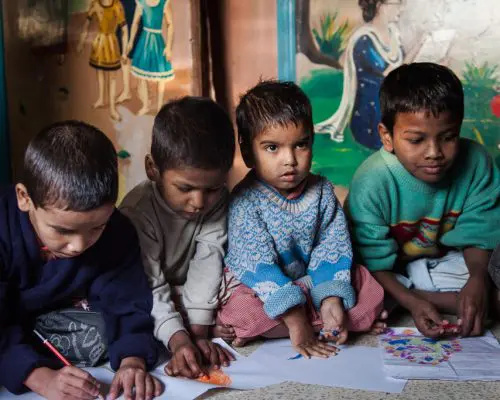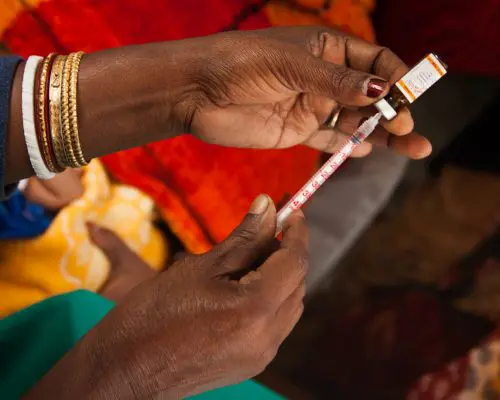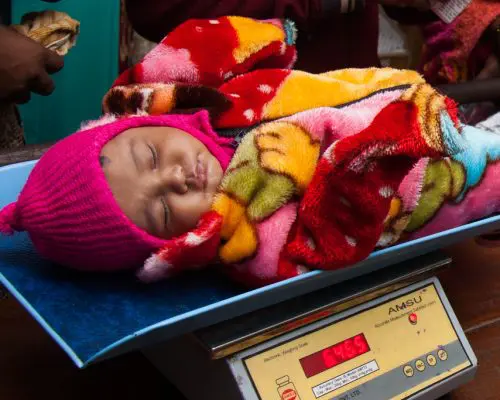Child Protection
Poverty is perhaps the worst form of violence against children. In a country where 40%of the population is poor, vulnerability to various forms of deprivation potentially affects almost one in two children.
The number of children involved in work that seriously jeopardises their education and adequate development is unknown, but estimates range from 12.6 million (Census 2001) to 60-115 million, as civil society organizations claim.
Children are victims of abuse, exploitation, neglect and violence within their own families, schools and communities. Child trafficking is an especially serious problem in the state of West Bengal. Duped by traffickers, families give up their children on false promises of employment, education and marriage opportunities away from the village. Trafficked children usually end up in the worst forms of exploitation, such as sex work, pornography, domestic labour.
CINI’s work
Since the late 1980s, CINI has worked with children living on the streets, runaway, missing, sexually and physically abused, at risk of early marriage, out of school or victims of other forms of violence. CINI Child Protection Resource Centre coordinates programme activities and fosters innovation in both institutional and community-based child protection work.
CINI extends protection interventions to over 5,000 children through institution-based services and 21,500 children through community-based services. We offer education and protection services to children who are most vulnerable to abuse, exploitation and trafficking through various units:
In the metro areas of Kolkata through the CINI Urban Unit
In Siliguri through the CINI North Bengal Unit
In the districts of Murshidabad through CINI Murshidabad Unit
In North Dinajpur and Jalpaiguri through CINI North Dinajpur Unit
n South 24 Parganas through CINI Diamond Harbour Unit, and,
In Khunti District through CINI Jharkhand State Unit
Several programmes are being implemented along the borders of India with Bangladesh and Nepal, where child trafficking is a serious and elusive problem. Services and facilities are concentrated in red light areas, around bus and train stations and in deprived slums and village areas. Several partners are involved in combating the various forms of violence against children: the police and the judiciary, local NGOs and community organizations, children, youth and women’s groups, families and schools. In at-risk locations, we offer temporary shelters, both in the form of drop-in centres and shelter homes, for children in need of special protection. All efforts are made to reintegrate children with their families and communities where possible, including providing the necessary support to parents who may have difficulties accepting their children back.
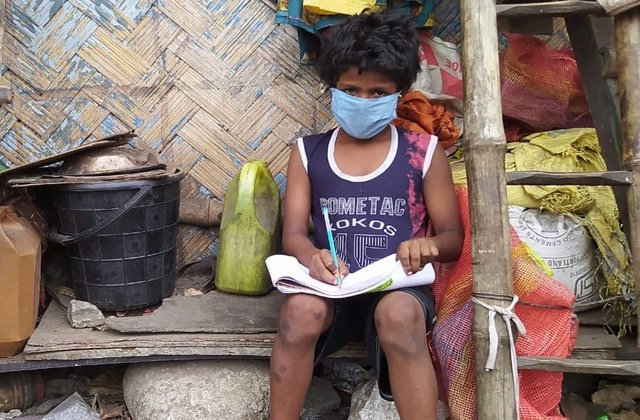
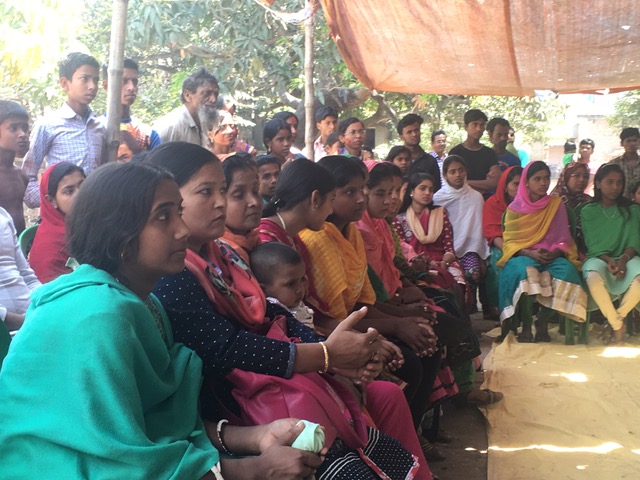
Managing childline services
In partnership with the government and the police, we manage Childline services with five units deployed throughout the state of West Bengal offering a 24-hour toll-free telephone helpline to assist children in distress. Children, adults and the police report on the hotline cases of child abuse, child labour and child trafficking. We also operate a helpline for teens and people affected by HIV/AIDS, offering counselling and support.
Promoting preventive measures for child protection
In parallel to institutional rehabilitative services, CINI promotes child protection in deprived urban and rural communities through preventive measures. Children and women’s groups advise families and local elected representatives (rural Panchayat Institutions and Urban Local Bodies) on how to prevent violence, corporal punishment, early marriage, child trafficking and child labour in the community. Child protection cards and registers, community child protection mapping, child trafficking sentinel groups are among the tools used to make child protection an integral part of child and womenn-riendly communities.

